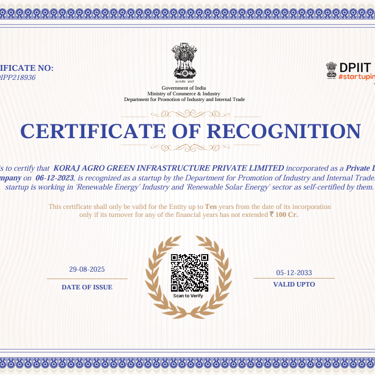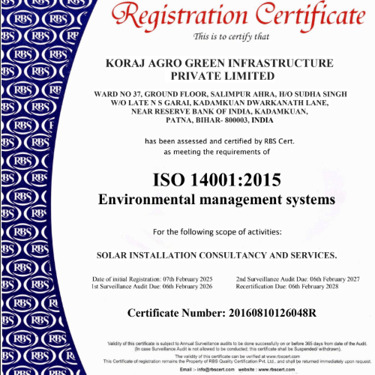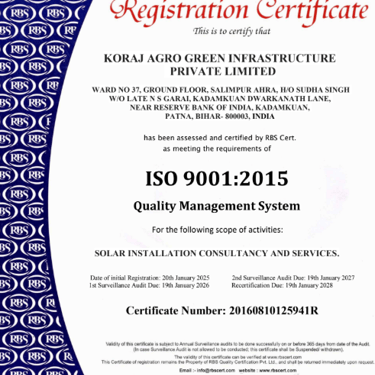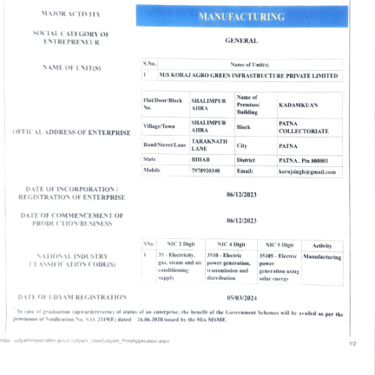Hybrid Solar System
A hybrid solar system represents a cutting-edge approach to energy management, seamlessly integrating the benefits of both grid-connected and off-grid systems. Here's an in-depth look at how a hybrid system operates and the advantages it offers:
1. Grid Connectivity with Backup Battery:
In a hybrid system, your solar panels remain connected to the utility grid, allowing for a continuous supply of electricity. However, unlike traditional grid-connected systems, a hybrid system includes a backup battery system to store excess solar energy. This backup battery serves as a reservoir of power that can be tapped into when solar generation is low or during grid outages.
2. Energy Conversion Process:
The energy conversion process in a hybrid system begins with the solar panels absorbing sunlight and converting it into direct current (DC) electricity. This DC electricity is then passed through an inverter, which converts it into alternating current (AC) electricity suitable for powering your home's appliances and electronics.
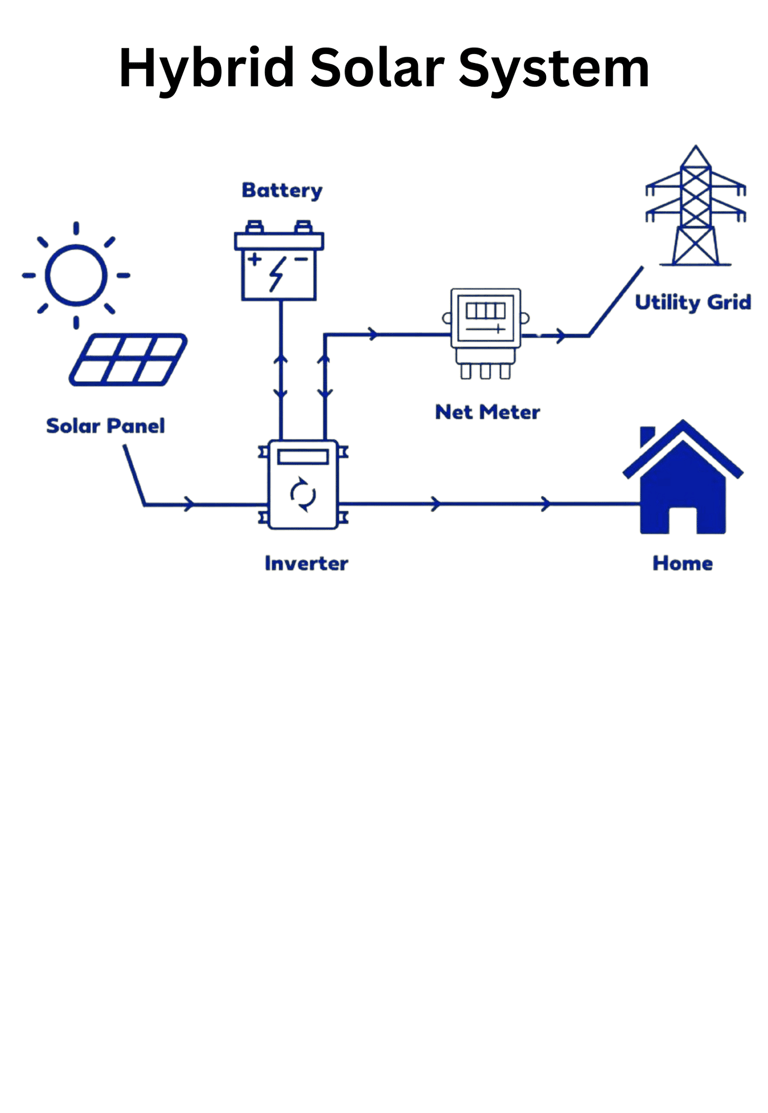

3. Utilization of Solar Energy:
The electricity generated by your solar panels is first utilized to power your home's electrical loads. Any excess energy not immediately consumed by your home is then directed to the backup battery system for storage. This ensures efficient utilization of solar energy and minimizes reliance on grid power during times of ample solar generation.
4. Battery Storage and Backup Power:
The backup battery system plays a crucial role in a hybrid system, providing a reliable source of power during periods of low solar generation or grid outages. When solar generation is insufficient to meet your home's energy needs, or during nighttime hours when solar panels are inactive, the battery automatically kicks in to supply power to your home. This ensures uninterrupted power supply and enhances resilience against grid disruptions.
5. Benefits of Hybrid Systems:
- Reliable Power Supply: Hybrid systems offer a reliable and continuous power supply, combining the stability of grid-connected power with the security of battery backup.
- Energy Independence: By harnessing solar energy and storing excess power in batteries, hybrid systems reduce reliance on the utility grid, promoting energy independence.
- Cost Savings: Hybrid systems can help lower electricity bills by reducing peak demand charges and allowing for more efficient use of solar energy.
- Environmental Sustainability: By utilizing renewable solar energy and minimizing reliance on fossil fuels, hybrid systems contribute to environmental sustainability and reduce carbon emissions.
Conclusion:
Hybrid solar systems represent a forward-thinking approach to energy management, offering reliability, resilience, and sustainability. By seamlessly integrating solar energy generation with battery backup storage and grid connectivity, hybrid systems provide homeowners with a versatile and efficient solution for meeting their energy needs.



